Euracademy
Dedicated to capacity-building in rural areas
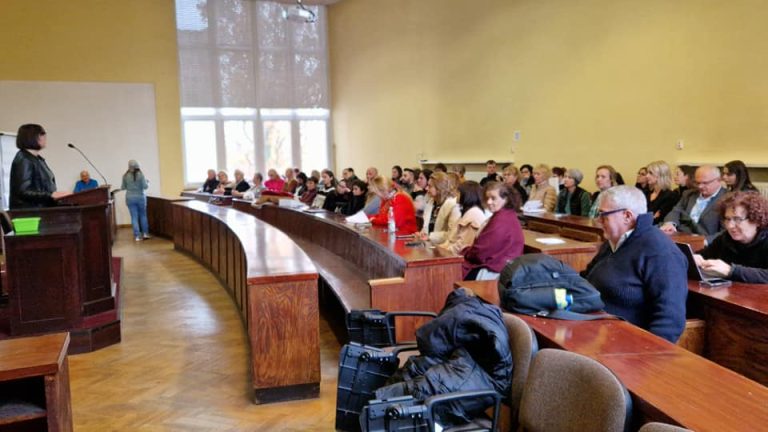
Co-Green final meeting
The Euracademy Association took part in the final meeting of the CO-Green project in Torun, Poland on the 15th of November 2024. During the project, we worked with ten communities from Greece, Poland, Italy and Croatia, and organized 15 events that promoted collaboration and knowledge sharing. In Karditsa, Greece alone, we held 13 events, bringing together around 300 participants who were eager to address climate change challenges. A key highlight was our training program for local residents, which helped them create practical green initiatives
Announcement: New Board of Directors of Euracademy Association
We are pleased to announce the newly appointed Board of Directors following the 19th General Assembly of the Euracademy Association. The meeting was held on Thursday, 3rd October 2024, at Széchenyi István University, Management Campus Building in Győr, Hungary.
The newly elected Board members are as follows:
- President: Fouli Papageorgiou
- Vice President: Iren Kukorelli
- General Secretary: Patricia Honvári
- Treasurer: Wojtek Kniec
- Members: Ryan Howard, Zorair Kirakosian, Tamara Urbančič
Summer Academy 2024
We are happy to announce that our recent Summer Academy, held in Nea Makri from June 16-20, 2024, was a tremendous success with 44 participants from 8 different countries. This year’s theme, “Responsible Food Production and Consumption for a Sustainable Future,” truly resonated with everyone.
Through interdisciplinary collaboration and transnational participation, we explored how urban and rural communities can work together to create a sustainable and equitable future for food.
Thank you to everyone who participated and made this event a success!
Read our newsletters
Autumn 2024
In the spring and summer of 2024, Euracademy was actively engaged in a range of initiatives. We hosted
the 22nd Summer Academy in Rafina and continued our involvement in five EU-funded projects. Our work included participation in partners’ and own events aimed at capacity building and advancing sustainability in rural areas across Italy, Spain, Greece, Hungary, Slovenia, Croatia, Montenegro, Poland and Ireland.
Euracademy consistently contributed its expertise and resources to these projects, all of which focus on supporting sustainable development throughout Europe. We look forward to sharing more about our experiences during the General Assembly in Gyor this October.
Winter 2023-2024
In 2023, Euracademy experienced a year filled with activity. We organised two comprehensive 4-day training academies: the Summer Academy held in Gyor, Hungary, and the Winter Academy hosted in Karditsa, Greece. Moreover, Euracademy actively engaged as a partner in five EU-funded projects, contributing our expertise and resources to advance initiatives focused on sustainable development across Europe. We dedicated time to updating our website and refining our Facebook strategy, ensuring that our digital presence remains informative and updated. Finally, we participated in multiple events focused on promoting capacity building and sustainable development in rural areas.
Winter 2023
This Newsletter heralds a new era for Euracademy, which is marked by rich new activity and ample possibilities to reach out to new audiences and territories in many thematic sectors, such the green transition of rural communities, supporting the greening of rural SMES, exploring the advantages of alternatives forms of agriculture that address the climate crisis, demonstrating the links between producers and consumers in a common effort for high quality healthy food etc. In addition, we are very glad to announce that in 2023, a face-to-face summer academy will take place in Hungary, following a period of solely online activity, during the pandemic.

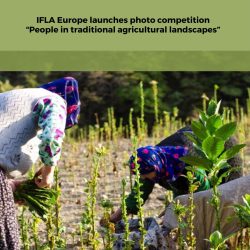
EU Rural Tourism - 3rd Transnational Webinar
The Consortium of EuroCluster Rural Tourism is very happy to invite you to the 3rd Transnational Webinar: “Sharing Experiences, creating networks”, on September 30, at 10 CET.
After registration, you will receive the link for the webinar.
IFLA Europe launches photo competition ‘People in traditional agricultural landscapes’
Current projects
Com4AgriPlant

Com4AgriPlant, funded under the European Commission’s Erasmus+ Programme, is a two-year project that brings together 6 partner organisations from 5 countries in an effort to encourage sustainable behaviours in the fight against climate change through the promotion of plant-based agriculture and vegetarian diets in adult education.
GoodFood

GOODFOOD is an Erasmus+ Cooperation partnership project, started in November 2021, with the
participation of 3 European countries (Greece, Spain and Italy) and 7 project partners.
EU-Rural Tourism
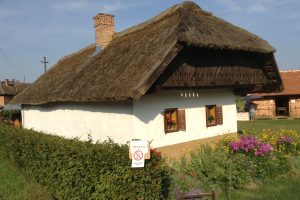
This project, launched in September 2022, aims to help micro and nano SMEs in the tourism sector through the structure of a Eurocluster – ERT. Traditionally based on local or regional demand, this sector has now the opportunity to extend markets by working together on a transnational base in the Eurocluster Rural Tourism – ERT.
CO-GREEN
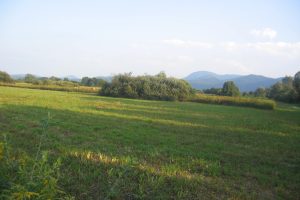
Community-based action for a green transition. The CO-GREEN action develops an intervention model that supports community development in ecological transition, incorporating the values, principles and sustainable practices that characterise the Green Deal.
REGINA

Euracademy Association has joined REGINA Project, and is now taking actions for Regenerative Agriculture! REGINA is an Erasmus+ Cooperation partnership project, started in November 2021, with the participation of 5 European countries (Greece, Hungary, Slovenia, Italy and Ireland) and 8 project partners.
About us
History
A multi-national, inter-disciplinary team of university teachers, researchers and consultants of rural development worked together for 3 years in the Euracademy project with the central aim to promote in a real, practical and substantial way the sustainable development processes in rural areas.
They developed and piloted with great success two educational packages including Summer Academies, Distance Learning courses and publications.
In this context, the project partners have decided to formally establish a non-profit membership organisation to take forward and expand the philosophy and activities of the project.
The Euracademy Association was formally launched during the end-of-project conference in November 2003 in Hungary.
Vision
The core vision of the Euracademy Association is to promote capacity building in rural areas and mobilise animators and managers of rural development by offering them the opportunity to improve their skills, widen their experience, expand their professional qualifications, starting a personal itinerary of lifelong learning and providing ample space for networking and cooperation in the framework of European projects.
Objectives
The Euracademy Association aims to provide a mix of different “learning resources” to the learner, via the internet, manuals, face-to-face learning in Summer Academies, practical work and networking.
Organise seminars, conferences and exhibitions addressing issues relating to capacity building and sustainable rural development.
Undertake research and studies on sustainable rural development issues, with a view of building up a body of knowledge on this theme.
Take a practical work on account of, or in collaboration with, national and international organisations, including the European Commission.
Influence the process of sustainable rural development at this crucial moment of the substantial enlargement of the European Union.
The Board
Fouli Papageorgiou
Iren Kukorelli
Patricia Honvari
Wojtek Kniec
Ryan Howard
Zorair Kirakosian
Tamara Urbančič
President
Vice-President
General Secretary
Treasurer
Member
Member
Member
Greece
Hungary
Hungary
Poland
Ireland
Armenia
Slovenia
Activities
Summer Academies
Euracademy Association is a pan-European, non-profit membership organisation devoted to capacity building of rural communities in Europe. The Euracademy brings together planners, researchers and practitioners of rural development from a host of European countries. The Summer Academy on a theme pertinent to sustainable rural development is organised every year in a different location; furthermore, a Thematic Guide is published every year on the same theme as the Summer Academy.
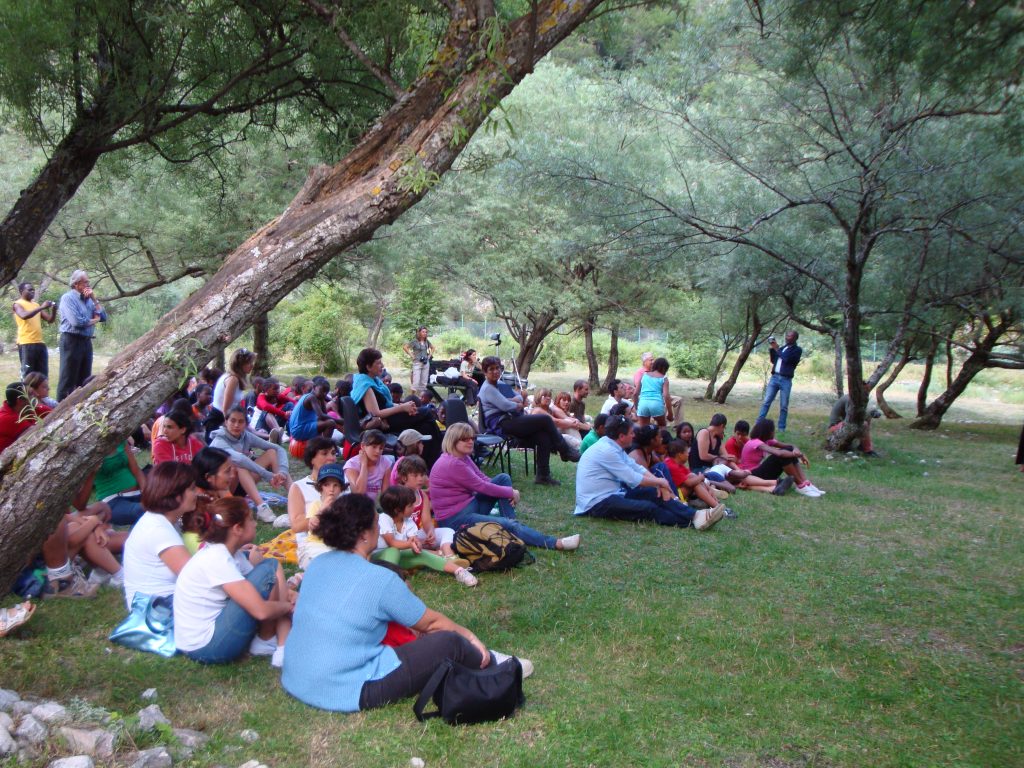
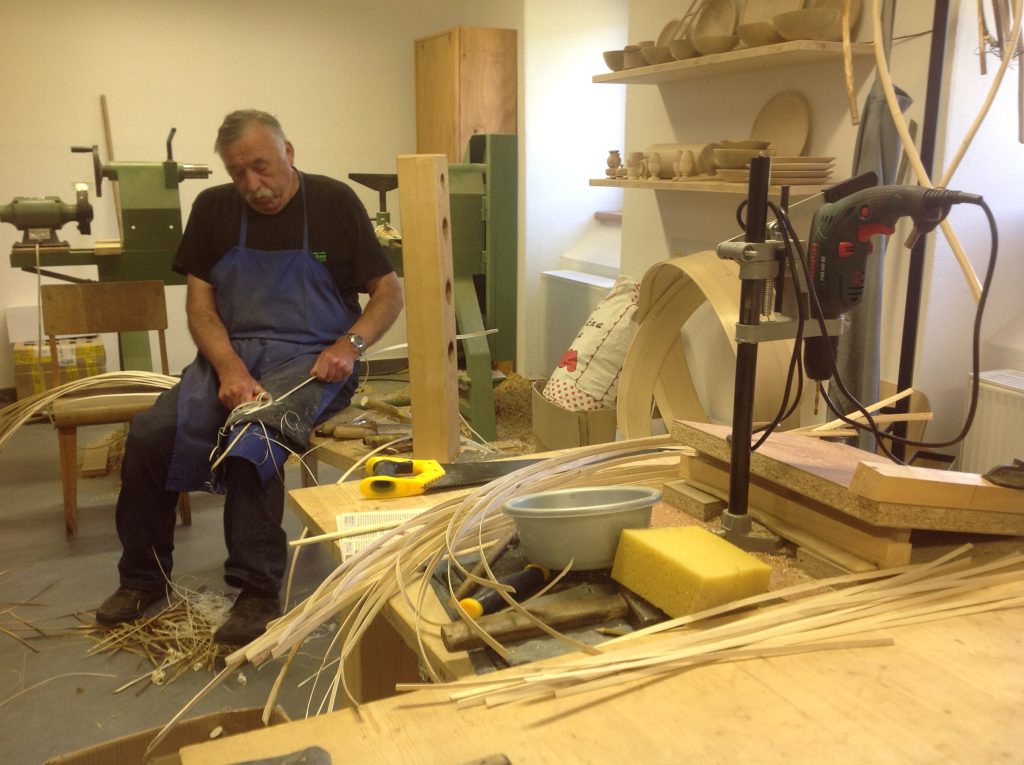
Projects
Taking part in trans-national projects is an integral part of Euracademy’s activity that builds its capacity as an organisation, its expertise, its exposure across Europe, and its membership.
Networking and education
Summer Academies were adapted to distance learning format and uploaded in a specially The Thematic Guides used in the three first constructed platform. Distance Learning Courses were run in English and other languages

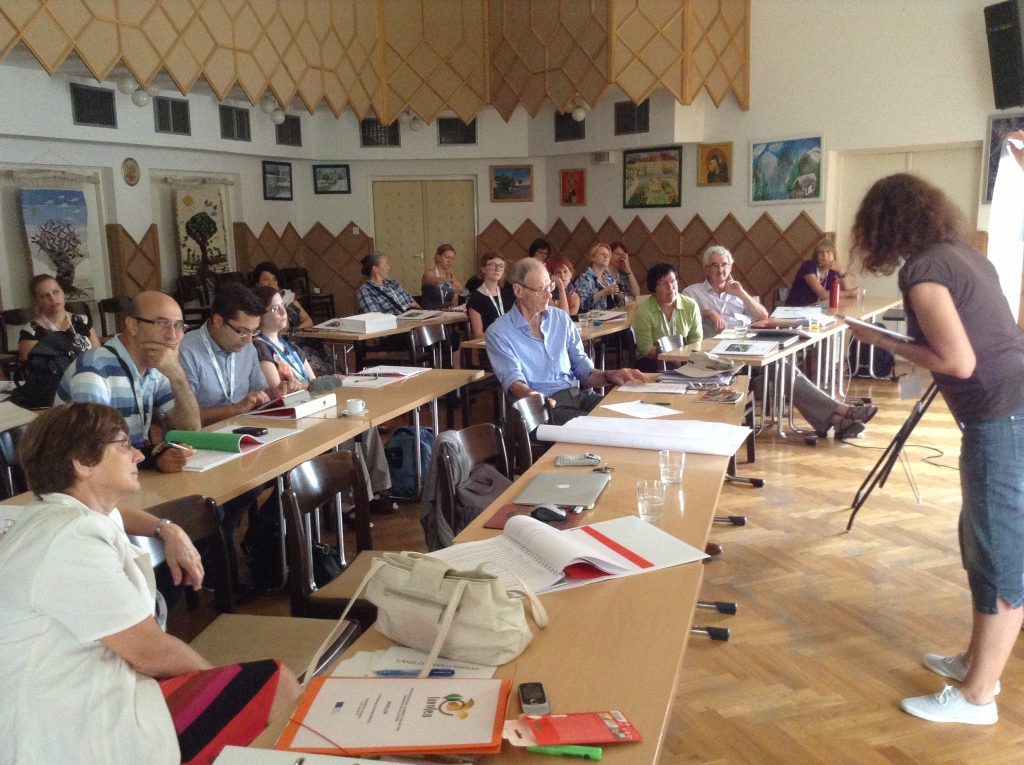
Events and conferences
The 1st Online Seminar of Euracademy Association has taken place in 3rd March 2021.
On the theme of:
“Regenerative and Biodiversity Enriching Agriculture”
